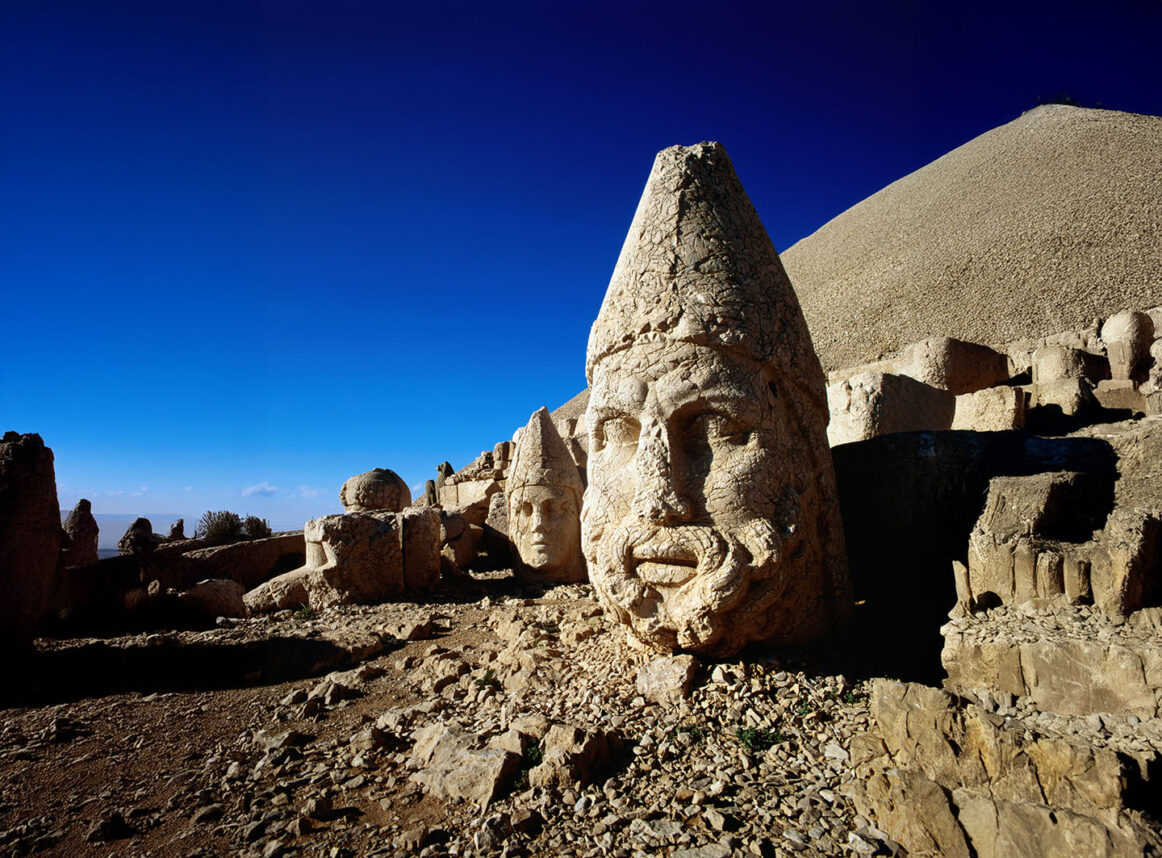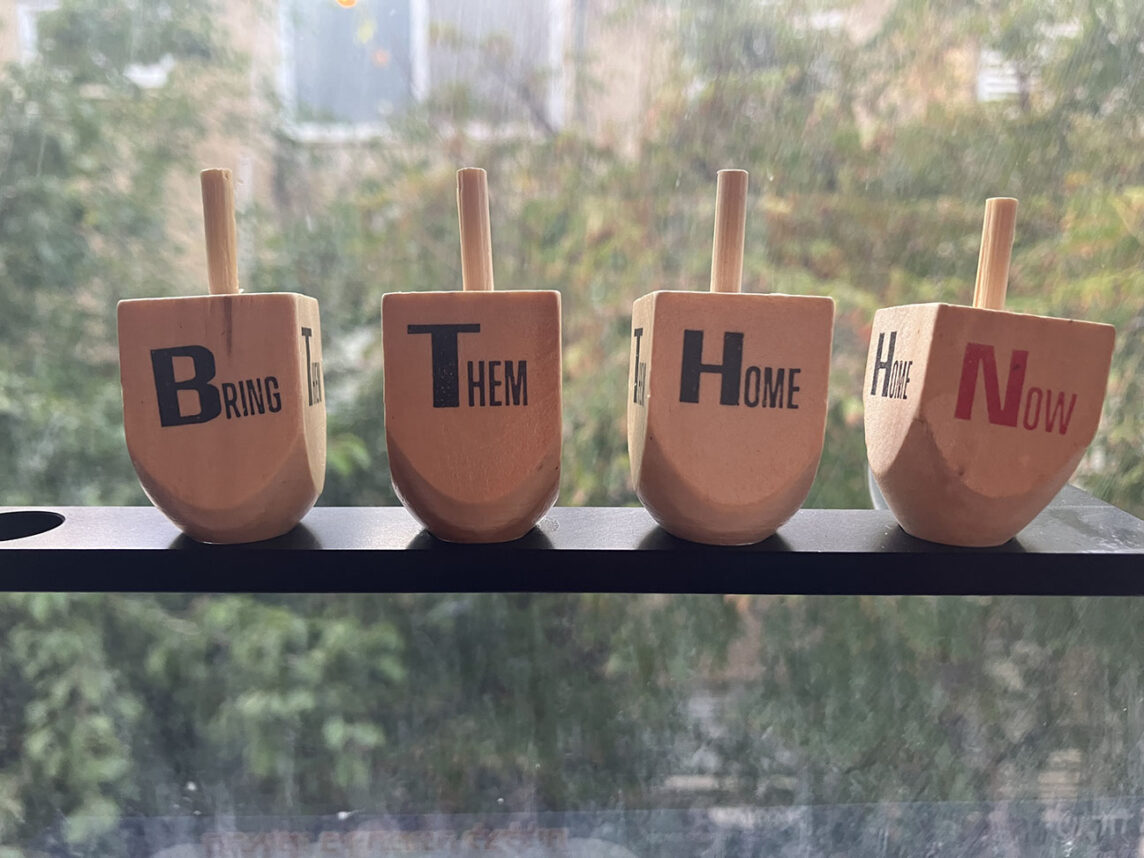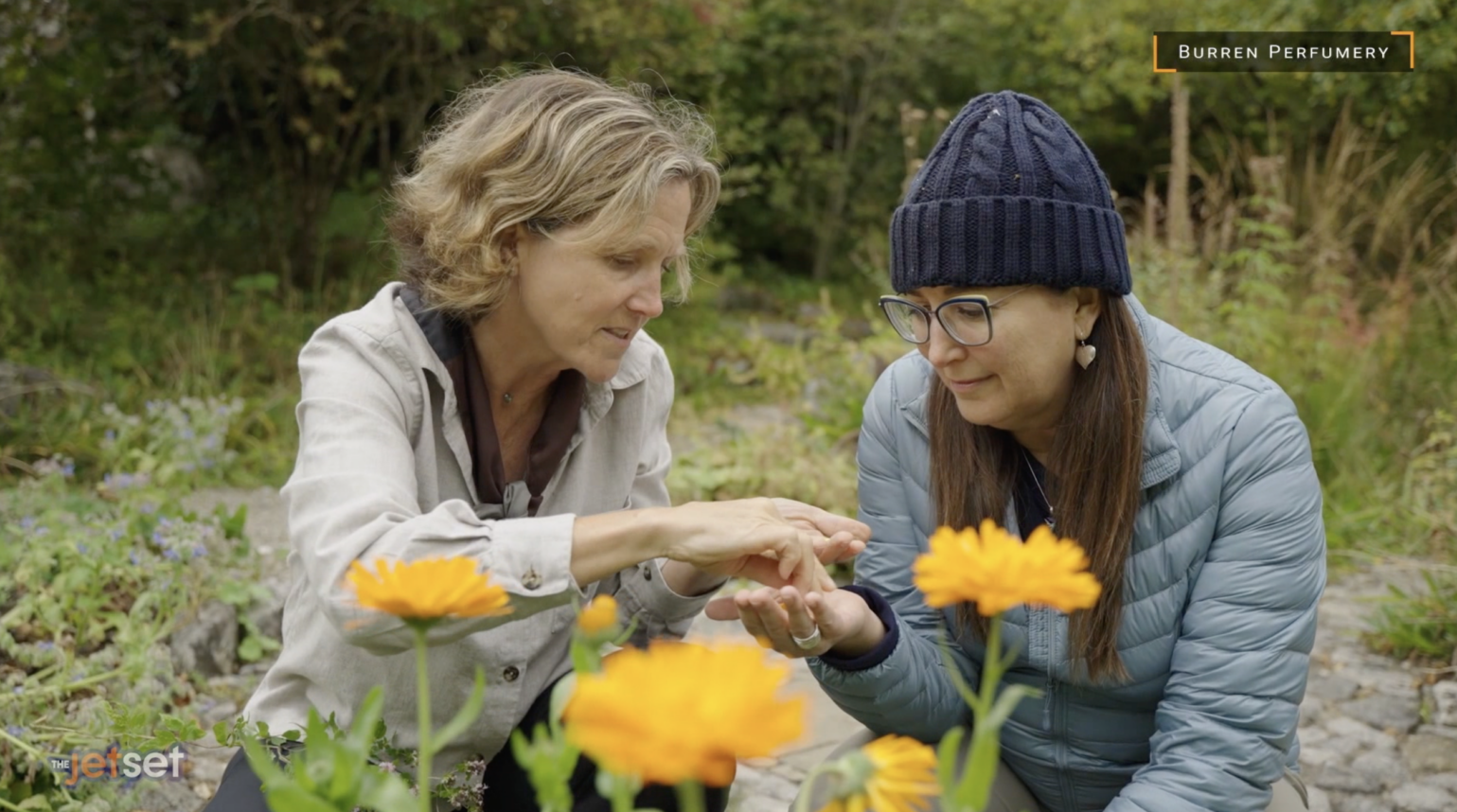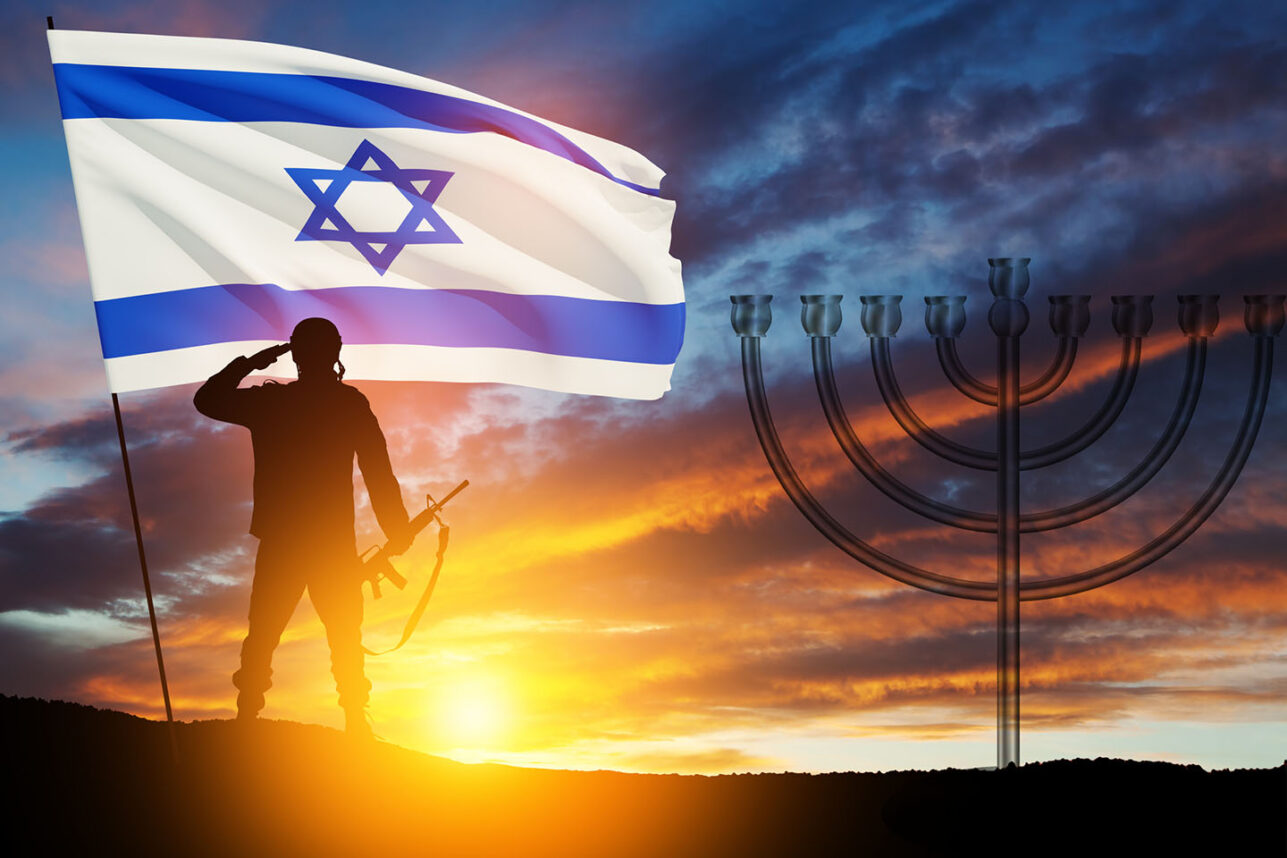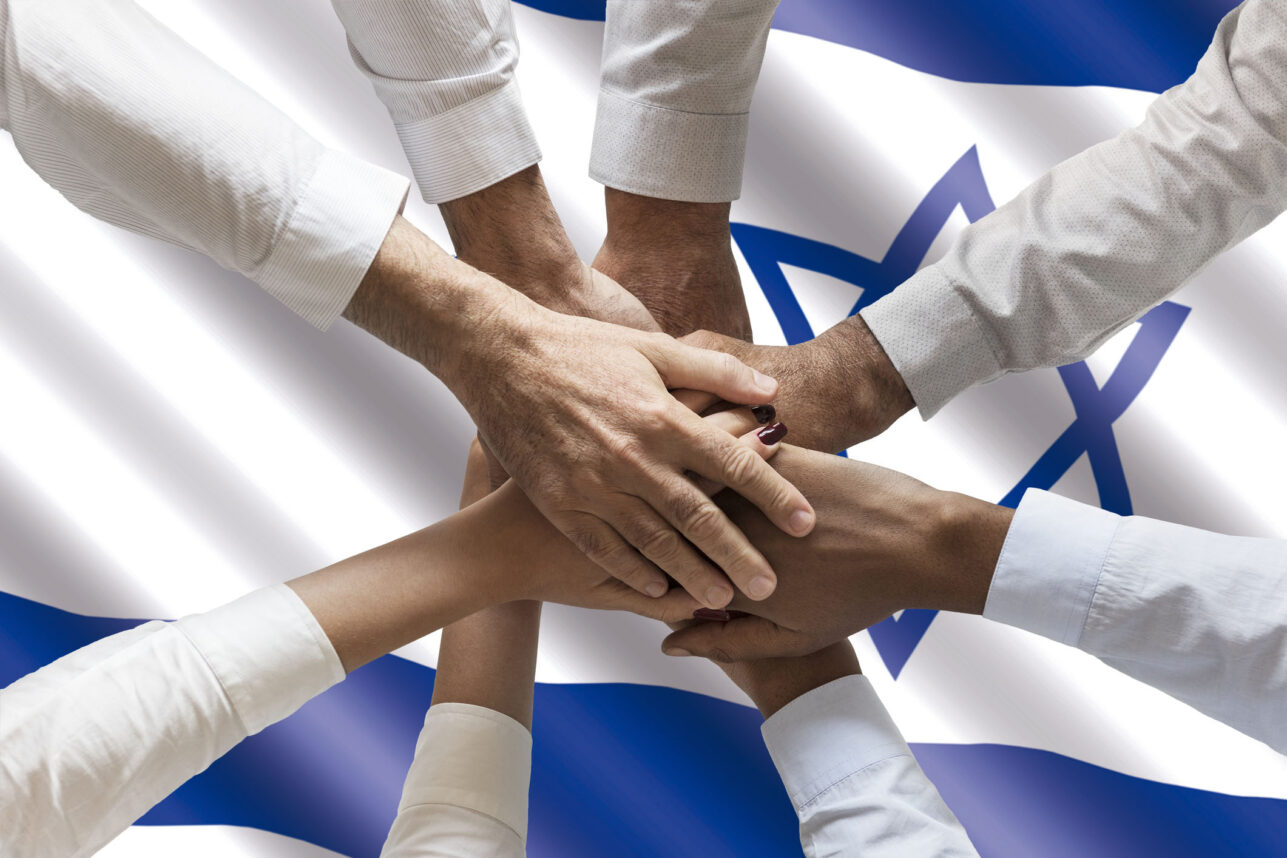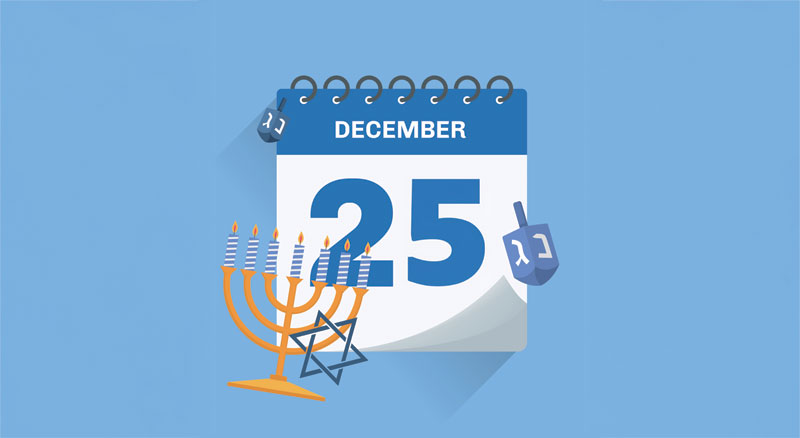
Weekly Parsha: One Verse, Five Voices
Edited by Salvador Litvak, The Accidental Talmudist
But you must not partake of the blood; you shall pour it out on the ground like water. – Deut. 12:16
Rabbi Elliot Dorff
American Jewish University
To obey this law, Jewish law requires us to salt and soak meat, or broil it, to remove the blood from it, and liver must be broiled because it has too much blood to be removed by the salt-and-soak method.
Why the ban on eating blood? Animal life is distinct from plant life in that animals move on their own accord, and blood is the part of our bodies that moves the most. It is not surprising, then, that when this prohibition is repeated later in this chapter, the reason given is that blood is the sign of life (Deuteronomy 12:23). We remove the blood from meat, then, to distance ourselves from taking a life as much as possible in the process of eating meat — and some of us become vegetarians altogether in respect for animal life. In fact, the Talmud (Hullin 84a) says that it is ethical to eat meat only if you have a great desire for it and slaughter the animal yourself so that you see its blood and, with it, its life oozing out of it.
Saving a life takes precedence in Jewish law over the dietary laws, and so blood transfusions are permitted. Moreover, this verse specifically bans eating blood, not inserting blood in other ways. Although some disagree, my own rabbinic ruling uses the same distinction to assert that artificial nutrition and hydration may be withheld or withdrawn when that is in the best interest of the patient, for that is not eating in the usual way.
Rabbi Tzvi Freeman
Senior Editor, Chabad.org
We all have our addictions. It could be alcohol or anger, power or pornography, self-absorption or self-incrimination — any repetitive, self-destructive behavior. The nastiest addictions are those passed epigenetically over the generations.
It’s in your blood.
You can’t imagine yourself free of its clasp. Like the next generation after the Exodus. With them, it literally was a blood addiction. As Nachmanides explains, 40 years had passed and they were still drinking raw, animal blood as their parents had done in the magical rites of Egypt. Ben Zoma points out that we are naturally disgusted by blood. That’s the thing about addictions — the addict loathes it, and he loathes himself for doing it. But he can’t stop.
Seven times the Torah has to heed them to quit. The seventh time, Moses says, “Be strong. Be a master over yourself. Take that blood and spill it on the ground like water.” That is the way to become master over that boiling fury, that blood that curdles inside — by pouring that bloody beast inside you like water upon the lowly earth.
It takes strength to face up to your addictions. It takes courage to humble yourself and admit you need help, to surrender to a higher power. But with that strength of humility, you have changed not only your own life, but the course of a river that has flowed for generations. And you have opened up a new future, for yourself and for your children, and their children.
Professor Tova Hartman
Ono Academic College, Israel
This very graphic prohibition introduces us to what will later be called laws of kashrut. Two chapters later, Deuteronomy (14:21) enumerates which animals may and may not be eaten, and famously notes, for the third time in the Torah, “You shall not boil a kid in its mother’s milk.” For some, kashrut is a wonderful way of saying that we must always be conscious of God as creator. Kashrut can represent ethical values, not cruelly cooking a kid in its mother’s milk, not eating the blood that contained the life force of the animal, not tearing a limb from a live animal. As a whole, these laws force a certain respect for the living beings around us.
But kashrut has become a point of contention. People do not eat at one another’s houses and don’t trust others enough to allow food cooked at home to be brought into our synagogues. We have obsessive-compulsive disorder concerning kashrut, with new stringencies appearing each year. We have forgotten the value of trust that my late father taught by example: If anyone invited him for a meal, he assumed that the house was kosher. This is how he helped create community.
Kashrut should join us together rather than separate us. It should foster community. This is emphasized two verses after the blood prohibition, which notes that celebrations must take place “together with your son and your daughter, your male and female slaves, and the Levites resident in your towns,” and that only such inclusive celebrations foster, as that verse notes, “rejoicing before the Lord.”
Rabbi Nicole Guzik
Sinai Temple
There is clearly a right and wrong way of expressing an apology.
So many of us experience the latter. A mistake is made and the following dialogue is used: I am so sorry that you feel this way. As if the anguished party is at fault for feeling anguished. While we seem to understand that expressing our wrongdoing is the “right” thing to do, there is disconnect between knowing and admitting that we just fell short.
Our Torah portion delineates the proper way one offers a sacrifice to God. Where the sacrifice should be offered and which parts of the animal may be gifted. Perhaps the idea is not every offering we make to God or another individual should be accepted. While it runs contrary to the notion, “Don’t look a gift horse in its mouth”, a half-hearted expression of gratitude or remorse is often worse than not offering anything at all.
Our faith emphasizes the alignment of apology with genuine heart. The Talmud speaks about the person who makes a mistake and attempts to repent but doesn’t repent with proper intention. That person is compared to someone immersing within a mikvah, the purifying water rushing around him, as he holds something impure within his hands. In other words, no amount of apologizing or ritual immersion will purify someone’s soul if the intent doesn’t match the deed.
When we fall short, as we all do, let our hearts align with our words, making our offerings acceptable, welcomed and praised.
Salvador Litvak
AccidentalTalmudist.org
Pour it out on the ground like water? This commandment about eating meat was given to a people who spent 40 years wandering in the desert. More than once they suffered profound water insecurity. They did not plant crops, or even gardens. If they had to pour water out on the ground, they did so reluctantly, like Southern Californians.
Eating meat was also a rare event in the desert, permitted only in connection with a sacrificial peace offering. Some of the animal went up on the altar, the rest to the owner’s table. The people who ate of that animal saw its slaughter. They watched its blood and life depart from its body. They smelled its roasting, knowing it was a “pleasing aroma to God.”
When they finally took a bite, they were grateful and moved by the experience. Can we say the same? Meat has become a Styrofoam-packaged substance with no meaningful connection to the life that once imbued it.
For years, I have been trying to organize a communal experience in which we encounter a living sheep or a goat that we plan to eat. We feel its pulse and look into its eyes. We recognize that it’s a gift from God. We watch the shochet perform kosher slaughter. We cut up the permitted parts. We donate the rest. We cook, we bless and we eat. Only then will we grasp the significance of eating meat, and the depth of this commandment.







